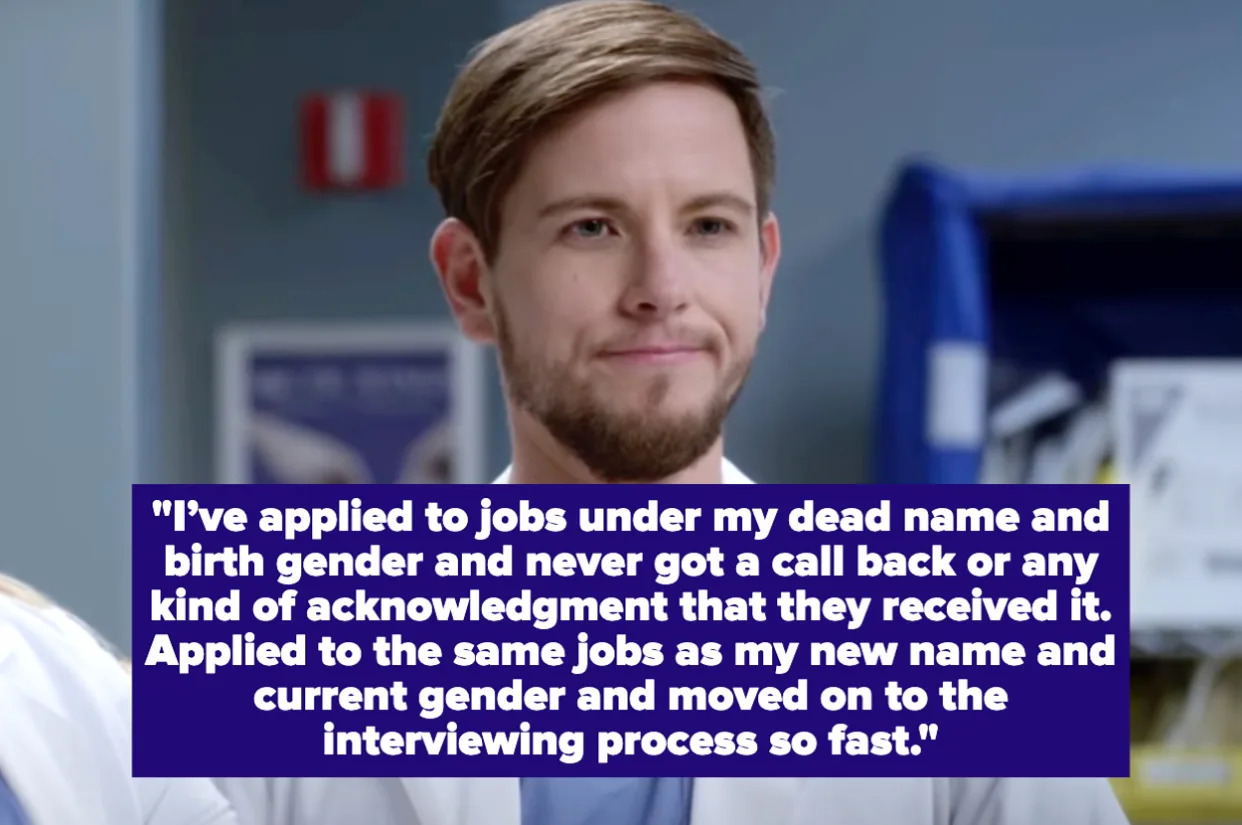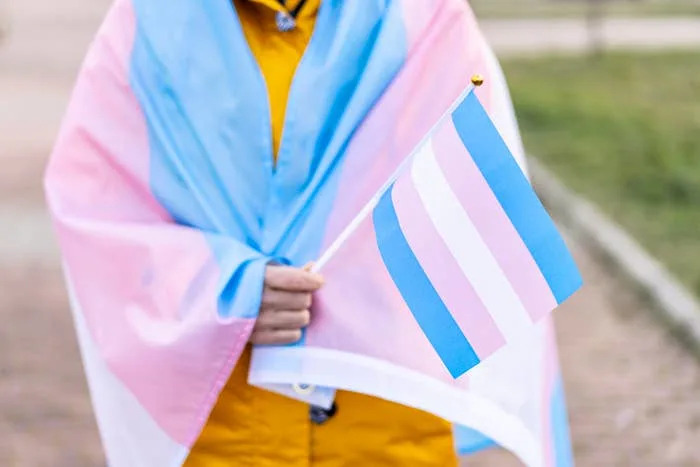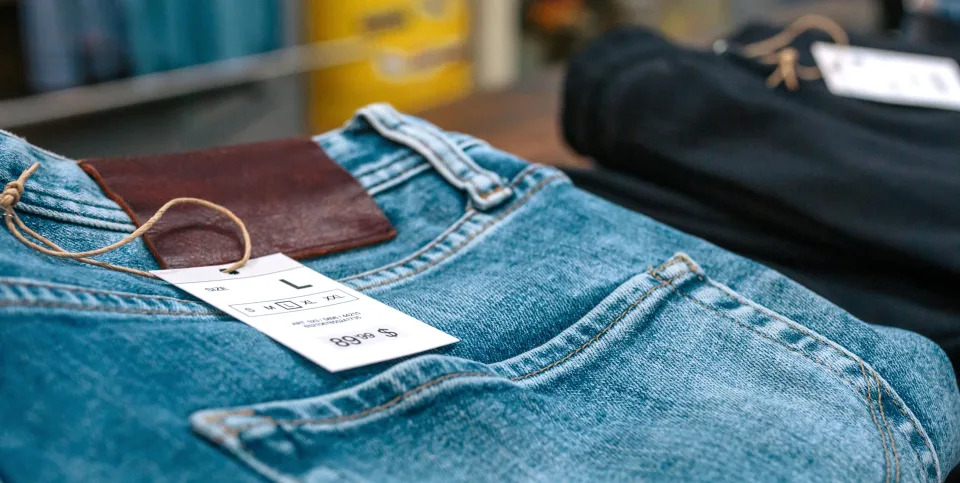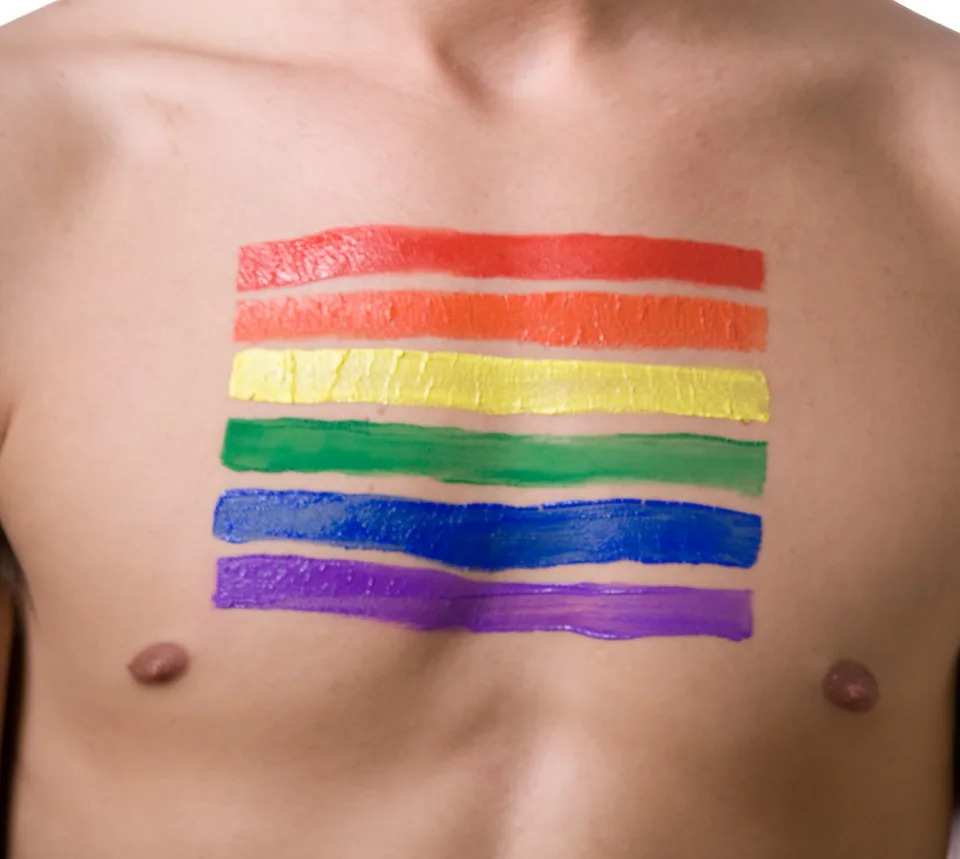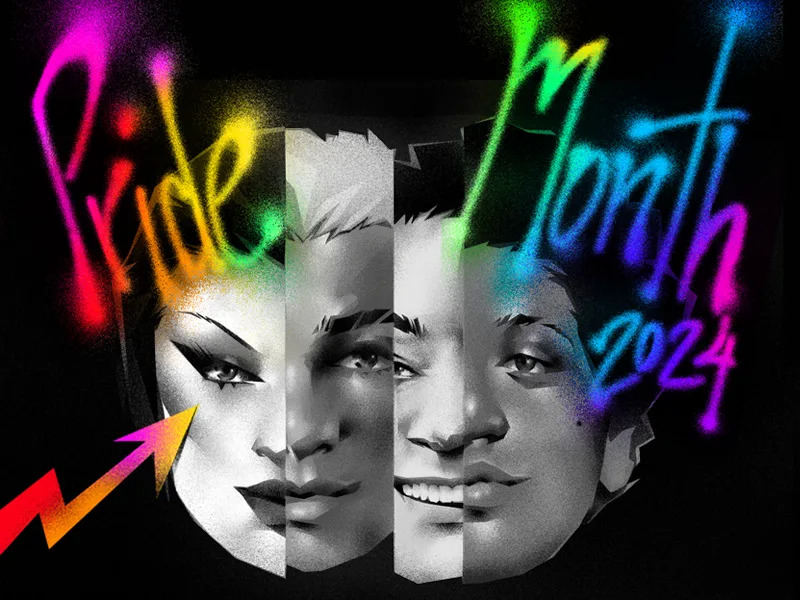Philip Elliott
Thu, 13 June 2024

The first transgender member of Congress is likely to be Sarah McBride, who just saw her main opponent in the Democratic primary end his bid. Credit - Kent Nishimura—Getty Images
This article is part of The D.C. Brief, TIME’s politics newsletter. Sign up here to get stories like this sent to your inbox.
It’s all too easy to dismiss the political clout of LGBTQ Americans based solely on how well they have found toeholds in office. After all, just one-quarter of 1% of elected officials in the United States identify as part of the community. And that’s after so-called Rainbow Wave elections of recent cycles.
But one major glass ceiling is closer to shattering. Delaware state Senator Sarah McBride this week got a step closer to becoming the first transgender member of Congress, after Eugene Young, her most credible opponent in the September Democratic primary, ended his campaign on Wednesday. While others have until next month to jump in the race, it’s increasingly apparent that the field is clear for McBride to make history in a seat where Democrats hold a double-digit advantage in voter registration.
“I’m not running to be known for my identity,” McBride tells TIME. “I’m running to help Delaware families see results, and my record speaks for itself.”
McBride already holds the title of highest-ranking transgender elected politician in the nation as a state senator, just the latest in a C.V. full of firsts. That might make it easy to discount what appears likely to be her next history-making moment in November, as well as the political acumen that has taken her this far. Both would be a mistake. McBride was the first openly trans person to work in the White House during the Obama administration and was the first trans person to speak at a party’s nominating convention when Hillary Clinton accepted the nod in 2016. Joe Biden wrote the foreword to her 2018 memoir. McBride broke through again in 2020 as the first transgender person elected to any state’s Senate. (Danica Roem in Virginia was the first trans person elected to a state legislature with her 2017 bid for the state House of Delegates and followed last year with a state Senate win.) McBride brought together her state’s biggest labor unions and the state Chamber of Commerce to support a paid family-leave bill, and has been one of the best advocates against gun violence at the state level anywhere on the map.
And, barring some unforeseen complications heading toward Election Day in November, she stands to immediately become one of the most visible freshmen in Congress, one whose single vote will carry far more weight than most.
“Hopefully, it will help to humanize a community that has been long marginalized,” she said by phone Thursday, a day after Young's decision made her return to Washington more likely. It’s a responsibility she doesn’t take lightly in a body currently led by a Speaker who has railed against "radical gender ideology" and members like Georgia's Marjorie Taylor Greene, who once pointedly posted an anti-transgender sign outside her office, which sat directly across from the office of a member with a transgender child.
“[Republicans] have absolutely no policy solutions for issues that face this country, and seek to distract with manufactured culture wars,” McBride tells me. “It’s critical that we have members of the impacted community at the table.”
Lost on no one was her cash advantage. McBride ended March with $1.9 million in her campaign account, while Young had about $400,000. Labor groups, Democratic groups, and local elected leaders all piled up behind her to lend support and contacts. The LGBTQ donor network opened wide and often for her as well, no surprise given her years of working her networks and those of allies. (Young, the former director of the Delaware State Housing Authority, had the backing of Gov. John Carney and would have been the first Black person to represent Delaware in Congress.) It was also increasingly clear that, if needed, the Biden political machine could be summoned; McBride worked on the campaign of the late Delaware Attorney General Beau Biden and Joe Biden credits McBride for his evolution on LGBTQ rights.
This tracks with other LGBTQ strengths. So-called “pink money” has flowed almost exclusively to Democratic candidates for decades, and deep-pocketed donors quietly fueled races during the 1980s and 1990s, but now are among the loudest champions of pro-equality candidates. Groups like the Victory Fund and the Human Rights Campaign have robust political operations that, beyond endorsements and PAC donations, help bundle millions of dollars in direct giving to chosen candidates. One of the most coveted introductions in politics is a credible insider telling their like-minded friends about the campaign of an upstart like McBride or the hundreds of other LGBTQ contenders running in lesser-known races.
And while the number of LGBTQ elected officials nationwide stands at just shy of 1,300, it’s still a vast jump from where the century began. The tally, from the LGBTQ+ Victory Institute’s annual Out For America survey, includes 12 members of Congress, three Governors, and 62 mayors. But the figures show a pronounced lag for trans pols, which is not surprising given that the constituency inside the LGBTQ coalition often faces the steepest climbs and harshest opposition from critics. And even if she wins this fall, one trans voice among 435 voting members of the House is a step toward representation, but it’s a small one that comes late for the roughly 1.6 million Americans over the age of 13 who identify as transgender.
Delaware’s lone U.S. House seat is open because its incumbent, Rep. Lisa Blunt Rochester, is seeking the Senate seat being vacated with the retirement of Sen. Tom Carper. Blunt Rochester, too, would make history as the first woman and first person of color to represent Delaware in the Senate. (She’s also a former Carper intern.)
Democrats are widely expected to hold both seats in a state that last elected a Republican to the House in 2008 and to the Senate in 1994. Republicans are not seriously targeting the seats and instead are trying to save their own endangered incumbents who face the tricky task of defending the narrowest House majority in the House on a ticket with former President Donald Trump as the headliner. The path to gavels in either chamber does not run through Delaware.
Oh, and for good measure, Blunt Rochester on Thursday—in an exclusive to TIME—endorsed McBride to replace her. “As Delaware’s Congresswoman, I know what it takes to deliver for our state and that Sarah will hit the ground running as our state’s lone member of the U.S. House,” Blunt Rochester plans to say in a statement later in the day.
McBride is careful not to take the news as a premature victory lap. But she is hardly ignorant of what her arrival signals to Washington and beyond. “I’m going to continue to work my heart out and take nothing for granted,” she says. Democrats are counting on that, and betting her diligence helps them hold a seat that is part of their cornerstone for a potential majority come early next year.
